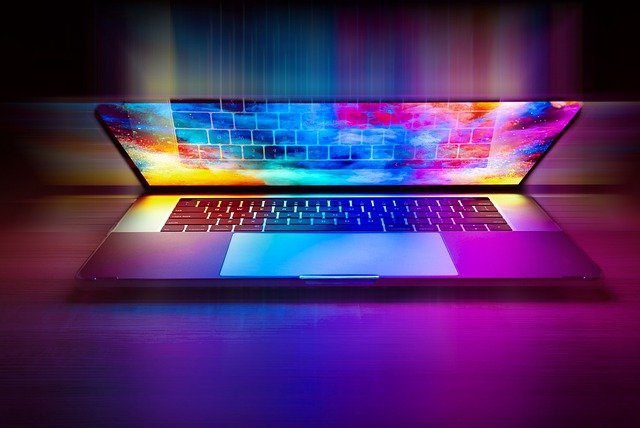Last Updated on October 18, 2022 by
Gaming laptops are the hottest trends now, regardless of who uses them. Teens and young adults nowadays love using them due to their amazing displays, battery life, and other criteria.
Did you know that the gaming laptop market revenue was 9 million USD in 2019, and is expected to reach 25 million USD in 2025?
Choosing the best gaming laptop can be a tough job, especially for the ones new to this world. But this checklist here is ready to help you out!
Table of Contents
1. Screen Resolution
The higher your screen resolution, the more pixels appear on your screen and give you a clear display. Gaming laptops earlier used to have 1080p as their resolutions, but nowadays there are models with 1440p or even 4K that offer you the ultimate gaming experience.
However, the newer models require high-tech hardware to power screens of such high resolutions. This will likely add some cost.
2. Refresh rate
A higher refresh rate can help your laptop run smoothly. This is done by redrawing more images more times per second. Some have 120 Hz frequency, while some have 144 Hz or even higher.
3. Screen size
Laptop screen sizes also vary according to prices or brands. The most common sizes are 13, 15, and 17-inch screens. If the borders around the screen are thinner, your gaming experience will be better.
4. OLED
OLED stands for organic light-emitting diode. This feature is available on some gaming laptops. It uses light of its own instead of relying solely on the backlight. As a result, these laptops can achieve deeper contrast levels as compared to only LED-based laptops.
5. Clock speed
Clock speed is the number of cycles a CPU executes every second. It is measured in GHz. So this means that a higher clock speed means a faster CPU, but there are various other considerations when it comes to clock speed.
But in some cases, an older version of a laptop with high clock speed might be outperformed by a newer laptop with a lower one. This may be due to advanced designs and technical developments.
6. Frame rate
While gaming, make sure that your laptop’s CPU and GPU (Graphics Processing Unit) hit consistent frame rates. You also have to make sure this doesn’t affect the display quality or your gaming experience.
While buying, compare the CPU and GPU to the system requirements that your games need so that your playing is not hampered.
7. RAM
The kind of RAM (Random Access Memory) you need depends on the games you want to play on your laptop. For example,
2-4 GB RAM is ideal for simply browsing on the internet or lightweight work. It can also be used to play older versions of some games.
8 GB RAM is enough for mid-range gaming as well as most of your college or office work. Most modern versions of games require at least 8 GB of RAM as a minimum system requirement.
16 GB is a good option for advanced gaming laptops. You can play newer versions of games and enjoy a trouble-free gaming experience. You can also have a much higher resolution and options like voice chat or video recording while gaming.
32 GB is the best for resource-intensive multitasking. You can not only play games but also engage in work like content creation, videography, and video editing.
8. Build quality
The design of the laptop itself can play a key role in your gaming experience. Compared to traditional plastic-made designs, aluminum designs look more sleek and are also more durable.
9. Weight
A thinner laptop means easier portability. But thicker and heavier laptops have added features in them, such as input and output options. They also have a powerful cooling system, which is very essential for a good gaming laptop.
Over to you…
This is the checklist for a good gaming laptop. There are, of course, many other features you should look out for. If you’re in search of one, check out JW computers and laptops that are ideal for gamers.
JW also provides various other gaming essentials like VR headsets, gaming keyboards, monitors, and mousepads. Here you can choose from a wide range of laptops, all with different specifications.
